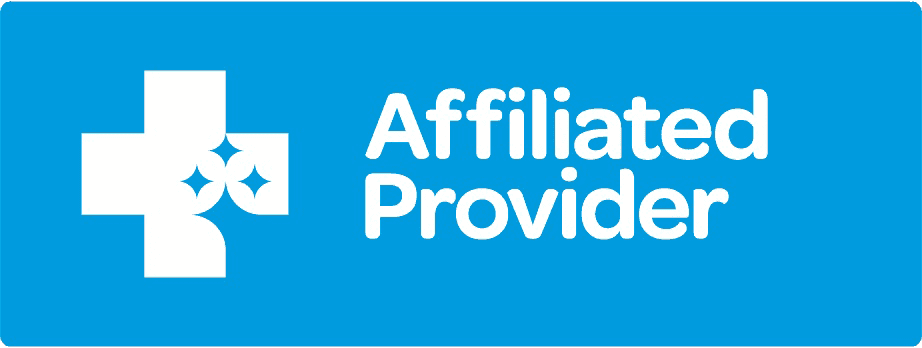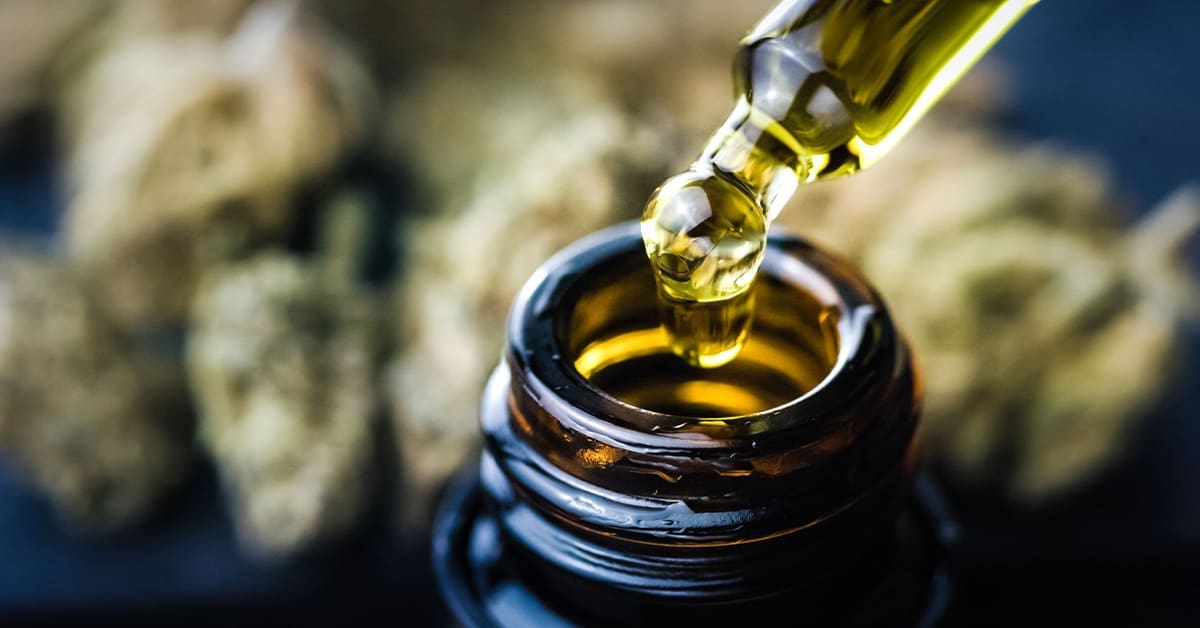Understanding the “Best Before” Date on Your Medicinal Cannabis
Ever wondered about the expiry date on your medicinal cannabis? It’s not an arbitrary date. In New Zealand, it’s a promise from the manufacturer, backed by rigorous testing, and signed off by regulatory bodies like Medsafe that your medicine is safe and effective up to that point. Here’s what that means for you.
Why Your Medicine Has an Expiry Date
The expiry date of your cannabis flower tells you how long the product will have the right strength and purity, as stated on the label. Manufacturers put their products through tough Stability tests to see how they hold up over time in different conditions, like changes in temperature and humidity.
New Zealand’s health authorities (Medsafe and the Medicinal Cannabis Agency), check all this data before a product is approved. This process ensures that you and your doctor can trust that the medicine will work as it should, right up until the expiry date.
What Happens as Cannabis Ages?
The main active ingredient in many cannabis products, Tetrahydrocannabinol (THC), naturally breaks down over time. It slowly turns into another compound called CBN, which has much weaker effects.
An older cannabis product might not provide the same level of relief you expect because its key ingredient has changed. Studies have shown that cannabis can lose a significant amount of its THC over a few years, with that potency being replaced by the less effective Cannabinol (CBN).
Several things can speed up this process:
- Light: Sunlight, especially UV rays, is a major culprit in breaking down THC.
- Heat: Warm conditions can cause the medicine to lose its strength more quickly.
- Air: Exposure to oxygen can also degrade the active ingredients.
This is why proper storage is so important. Keeping your medicine in a cool, dark place in its original sealed container is the best way to protect its quality until the expiry date.
How Expiry Dates Are Set and Updated
When a new medicinal cannabis product is first verified, then released, it might initially have a shorter shelf life, likely between 3 to 6 months. This is because manufacturers often need time to collect long-term data. They must prove to Medsafe that the product remains stable and effective for that entire period.
If ongoing testing shows the product stays good for longer, the manufacturer can apply to have the expiry date extended. This involves submitting all the new evidence to Medsafe for a thorough review. Only after getting the official green light can they update the product’s shelf life. This strict process ensures any extension is backed by solid science, so you can have confidence in the new, later expiry date.
You might sometimes see a new label stuck over an old one on your medicine’s packaging. This is a normal practice called “over-labelling.” It’s used to update information to meet New Zealand’s specific requirements, such as adding a new, approved expiry date, without having to repackage the entire product.
Using Your Medicine Safely
So, what should you do if your medicine is nearing or past its expiry date?
The expiry date is your guarantee of quality. As long as you’ve stored it correctly, your medicine should be perfectly fine to use right up to that date.
Once it has expired, however, there’s no guarantee it will be as safe or effective. The product might not work as well as it should, meaning you may not get the relief you need. For this reason, official health advice is clear: do not use medicines after their expiry date.
If you notice your prescription is expired or about to expire, the best thing to do is talk to your pharmacist or prescribing clinic. They can give you the right advice and arrange a new supply if needed. Unused or expired medicine should be returned to a pharmacy for safe disposal.
Your health and safety are the top priority. The expiry dates on your medicinal cannabis are there to ensure you get the effective, high-quality treatment you expect, every time. If you ever have questions about the label on your medicine, your pharmacist or clinic is always there to help.







